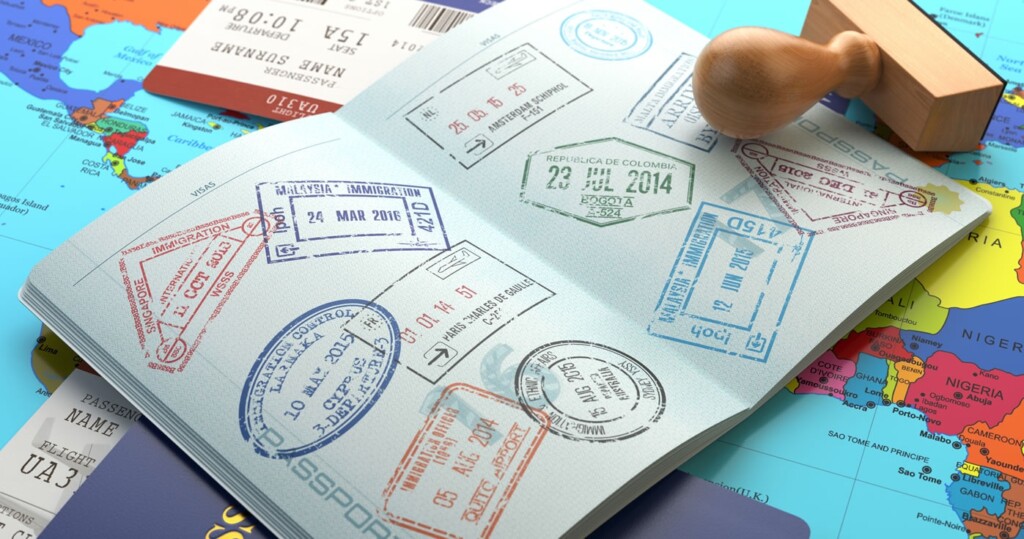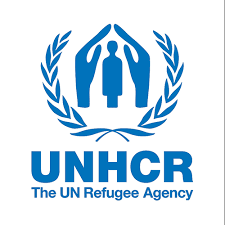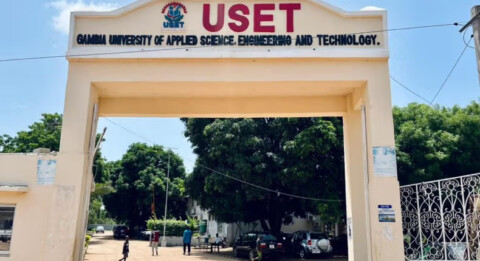The United States has revoked the visas of hundreds of international students and made several arrests, citing alleged support for Hamas. Secretary of State Marco Rubio confirmed that approximately 300 students were targeted last week as part of an immigration crackdown known as “Catch and Revoke,” launched under the Trump administration.
This program uses artificial intelligence to monitor and flag individuals involved in activism that is perceived as supporting extremist groups.
Rubio explained that the initiative targets not only students actively participating in campus protests but also those who engage with or share anti-national posts on social media. Reports have emerged that international students have been notified via email about the revocation of their visas due to their involvement in campus activism. Some students have even been arrested on campuses by immigration agents, faced deportation based on their activities or writings, and been detained despite having no criminal record.
One of the students affected by this crackdown is Momodou Taal, a doctoral candidate in Africana Studies. His student visa was revoked for allegedly participating in “disruptive protests” and violating university policies. US officials claimed his actions contributed to a hostile environment for Jewish students. After a judge refused to stop his deportation, Taal decided to leave the United States voluntarily, expressing his loss of faith in his safety. He shared on social media, “I have lost faith I could walk the streets without being abducted,” and explained that he had weighed his options and chose to leave on his own terms.
Taal, who holds dual citizenship in the United Kingdom and The Gambia, faced significant backlash for his comments made shortly after the Hamas attack on Israel, which resulted in over 1,200 deaths. He had tweeted, “colonised peoples have the right to resist by any means necessary” and “Glory to the resistance!” Following the attack, the US expanded screening procedures for student visa applicants, including extensive social media investigations, to block individuals who are perceived to support terrorism.





